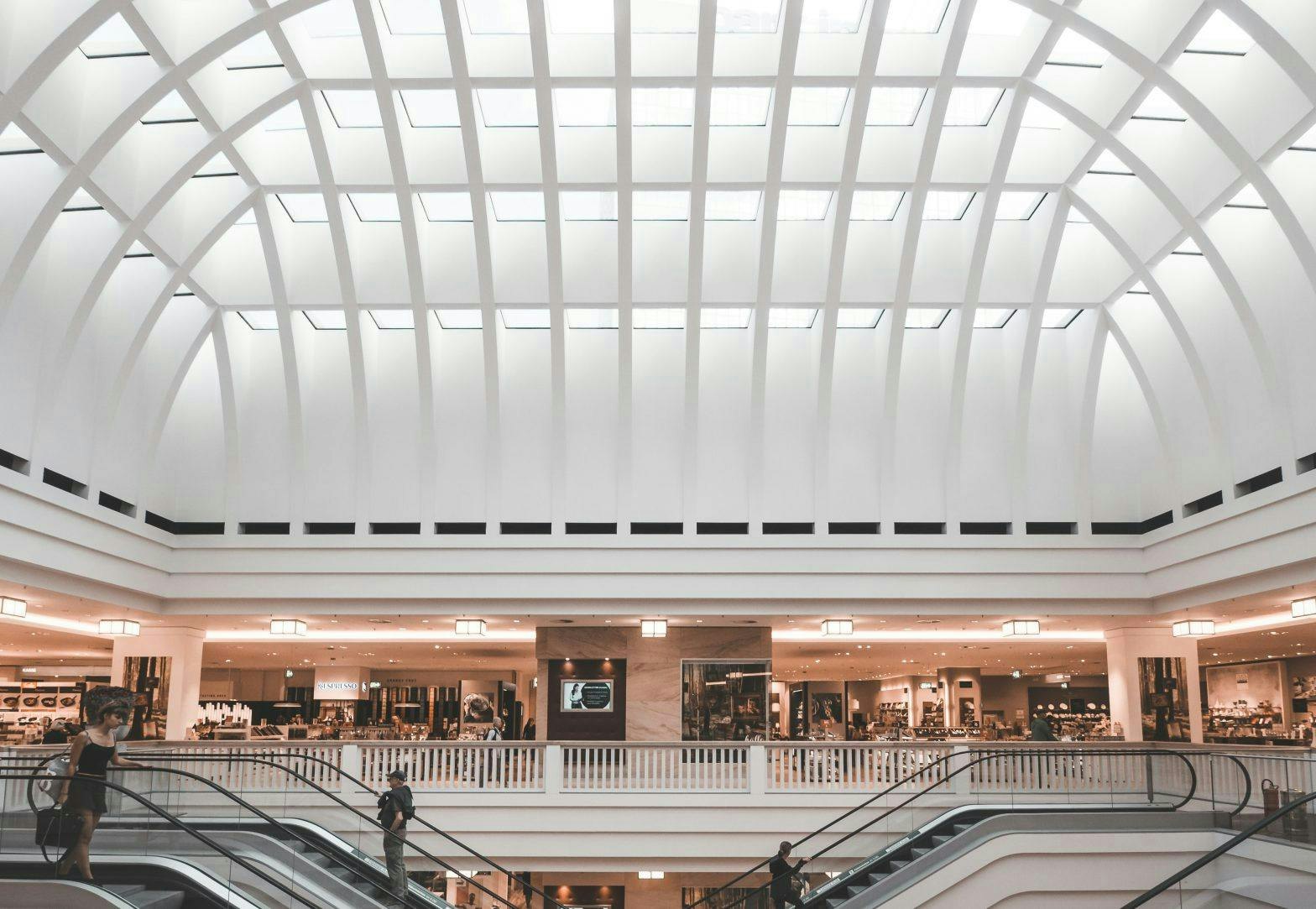
The impact of the coronavirus on the fashion industry
As coronavirus cases continue to increase, the fashion industry is preparing itself for a drop in sales.
With 62 countries impacted and over 119 000 reported cases, the coronavirus is in the frontlines of all the news articles. With the outbreak starting in Wuhan, China, in December 2019, many areas of the country have been put in lockdown. For the world’s apparel and textile industry, this isn’t the best. China makes approximately 30% of the world’s clothes and has needed to slow down manufacturing, and in some cases, shut it down. This has had impacts on the industry, but also on the country’s emissions, as its activity has decreased.
Even though this has slowed down the industry of retail and the overall economy, it has increased the use of online platforms through the change of consumer behaviour.
With the recent development of the virus, there seems to have been a shift in consumer behaviour from retail to digital. The industry of retail is suffering, as people are buying less in stores. In China, Italy, and in all the countries where there have been many reported cases, people are avoiding public spaces, as a way to diminish their chances of getting the virus. Stores just aren’t as busy as before. In light of the potential risk, people are deciding to stay at home and to postpone their shopping, as it isn’t deemed necessary. Through this virus outbreak, it seems that people are realising their necessities, and are deciding to go without buying clothes in stores, to avoid getting sick.
As a way to counter that, there has been a notable increase in the use of online platforms, such as food deliveries, communication apps, and online shopping platforms, in comparison to shopping retail. Because of the avoidance of public spaces, people prefer to stay in the comfort of their home to do their shopping. This is beneficial for online platforms, like fashion orientated ones, who have seen an increase in their use. This goes against the traditional view of fashion, of malls and stores, as we adopt a more cautious approach to fashion. The economy, as we know it, has made a digital switch that couldn’t have been anticipated. Even though this is detrimental to the sales in retail, it allows us to explore the options the industry can offer.
Because of the slowdown of the production in China, the overall traffic of clothes and accessories has slowed down massively, and this is met with reduced overall consumption. Because of the decrease in transportation and production, there has also been a decrease of more than 200 million tons of CO2 emissions in China. So even though the outbreak shows a slow down in the overall economy, the way China has decreased their activity has had a positive impact on pollution.
Even though the industry has taken a hit, it will surpass it in time, and maybe evolve from the way it worked before. Perhaps from a retail-heavy system to a more digital age? We can use this as a wake-up call, to diminish the overall speed of the industry, and to rethink certain business models that have been shown unable to continue working through disturbances and difficulties.
Through all this turmoil, it seems as if no one knows what to do, and what the best decisions are. The drastic changes that have happened over the last couple of months show the impact an epidemic can have. One thing is clear: the risk isn’t worth it. Deciding not to go shopping because of the virus might be a wise decision, as it could potentially reduce its spread. The industry will recover, and this a way to see how the economy works when it is redirected to online platforms have to offer.

